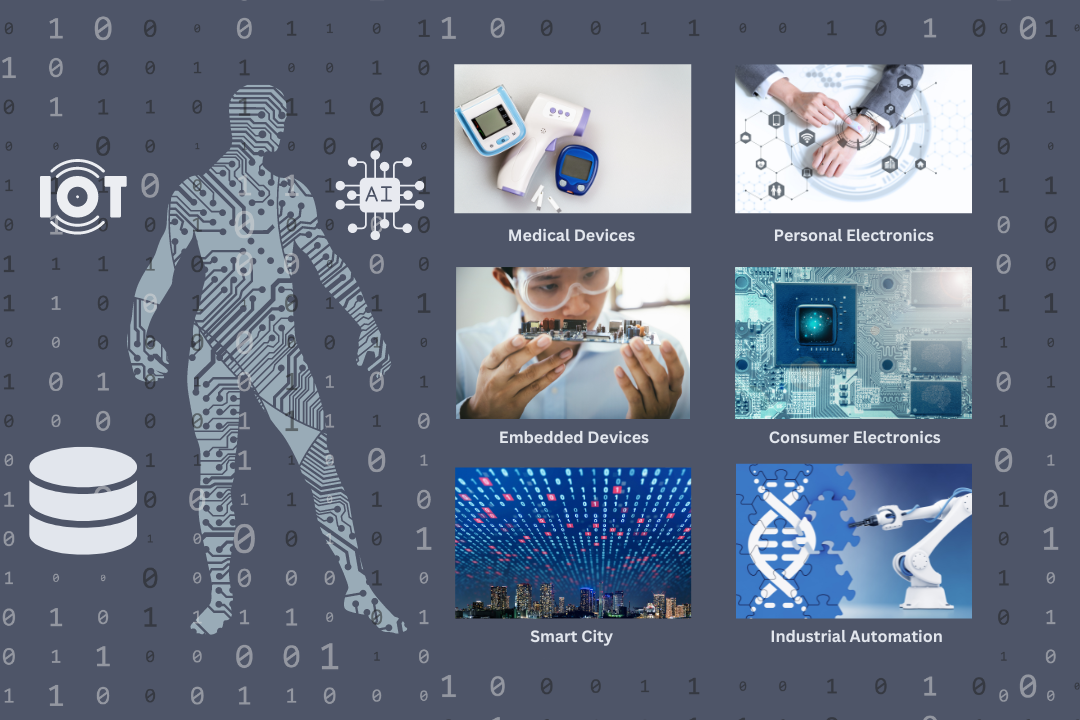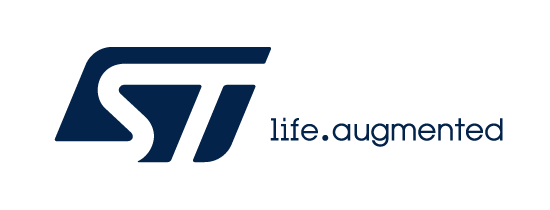Ingest, query, and store all types of data, specifically time series

OEMs building new embedded systems—or upgrading existing applications—are eager to learn how to capture and monetize data for deployment across industrial systems, wearables, medical devices, and other markets. Do you have the right software and hardware for understanding and managing data on small device computing environments for the era of IoT and AI?
In this webinar we will introduce you to STM32 devices data processing and management ITTIA DB software that power data-driven applications. You will rapidly learn how to collect, analyze, and store real-time data streams with ITTIA DB and STM32 devices.
With a live demonstration, attendees will learn about:
| 
|
Meet the Experts
|
| ||||||||

